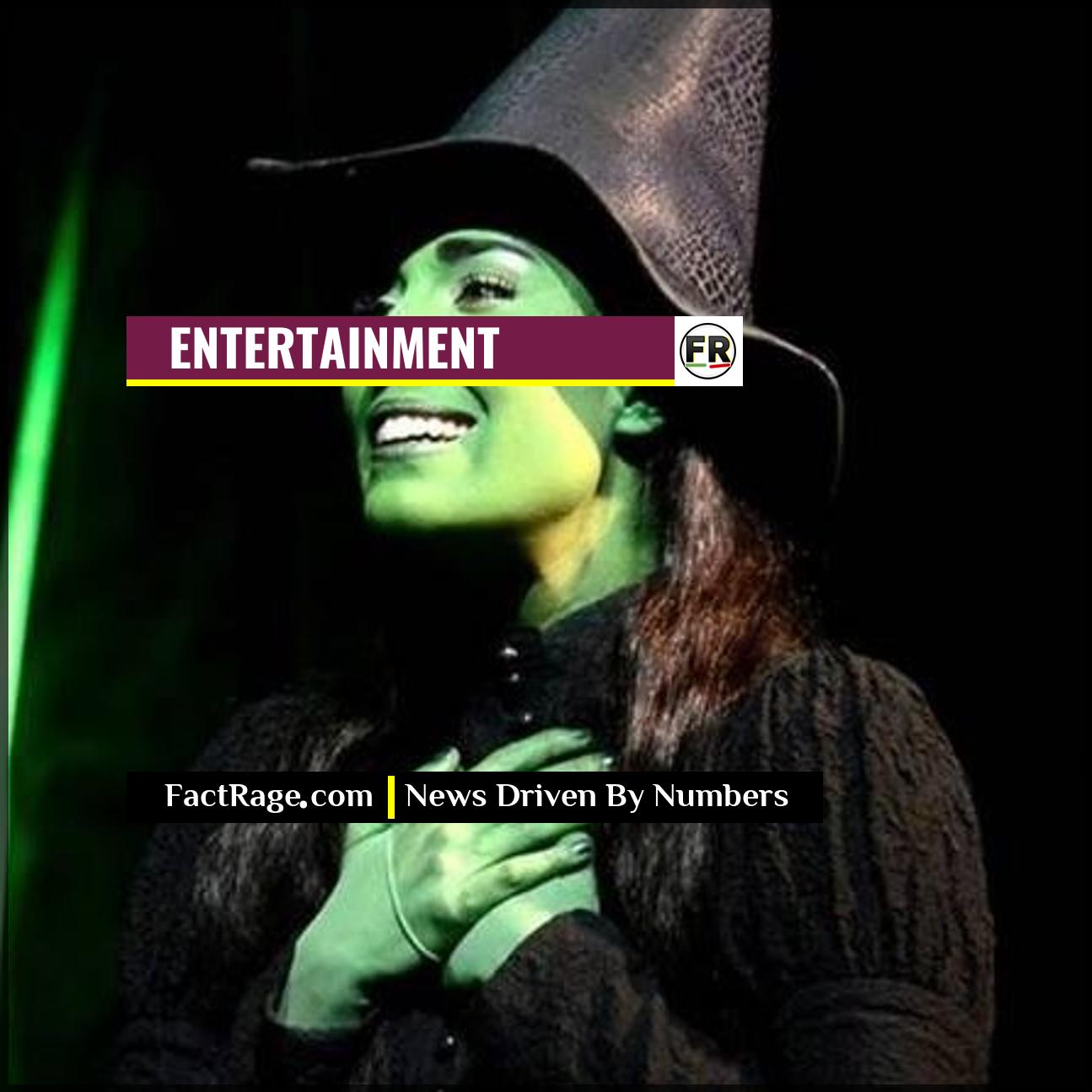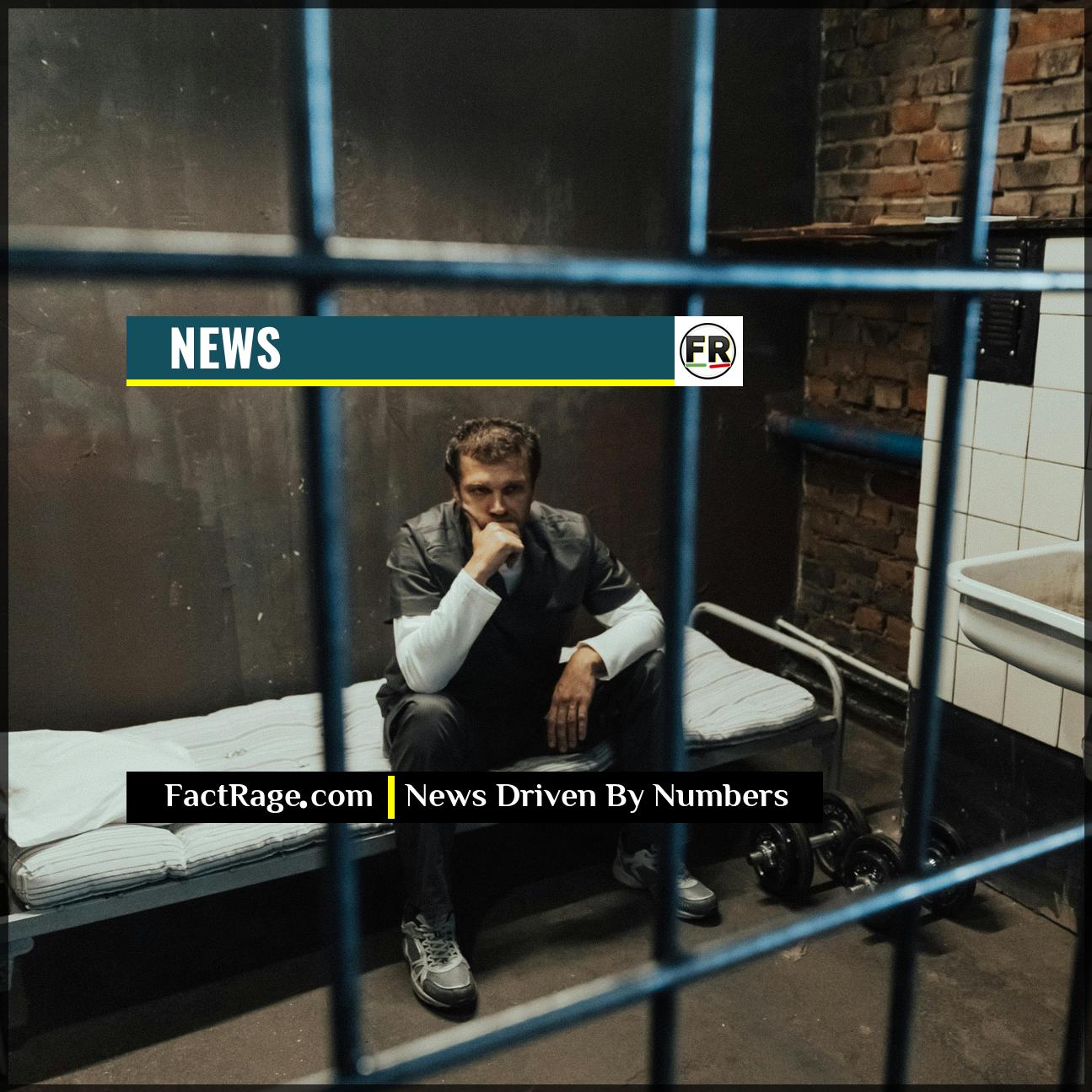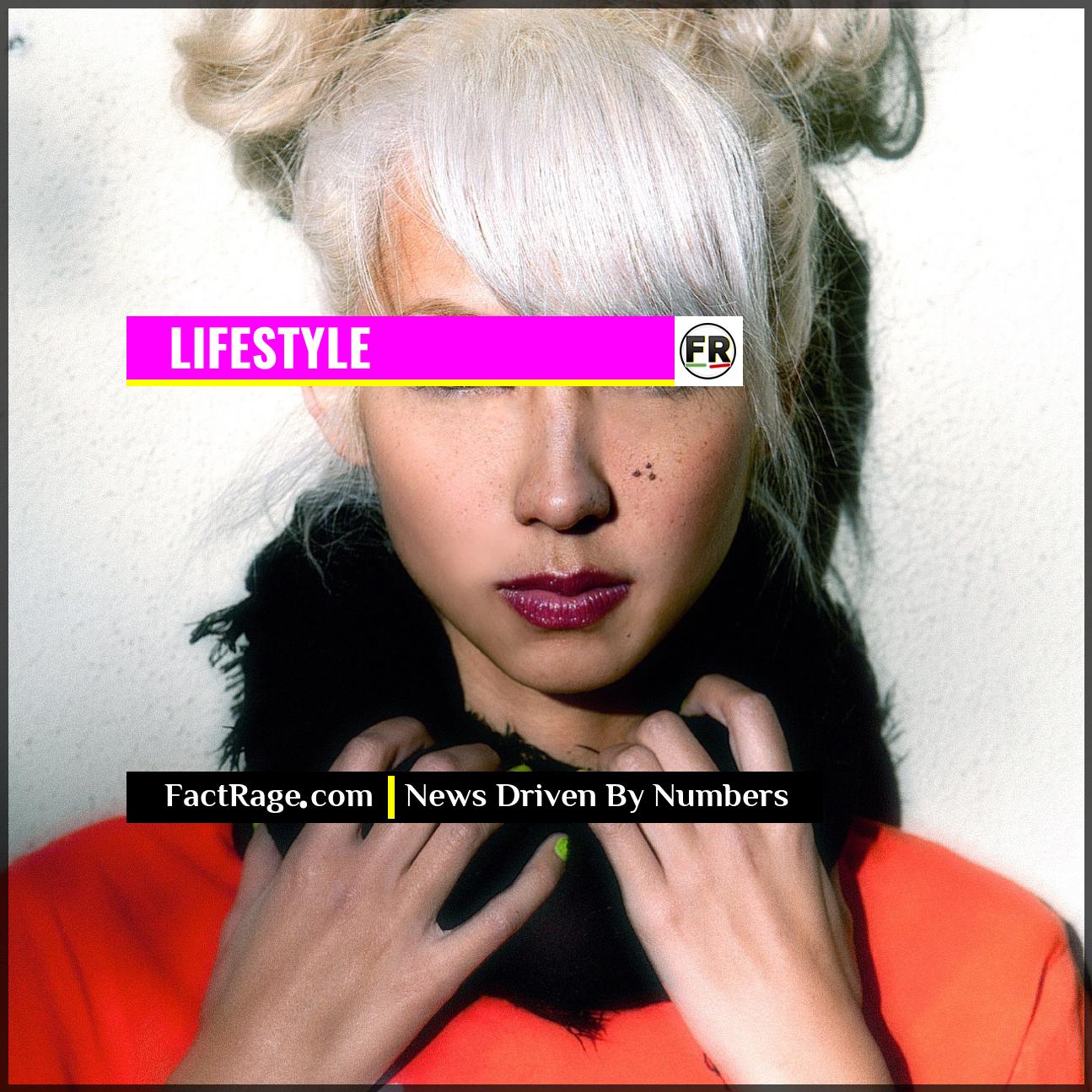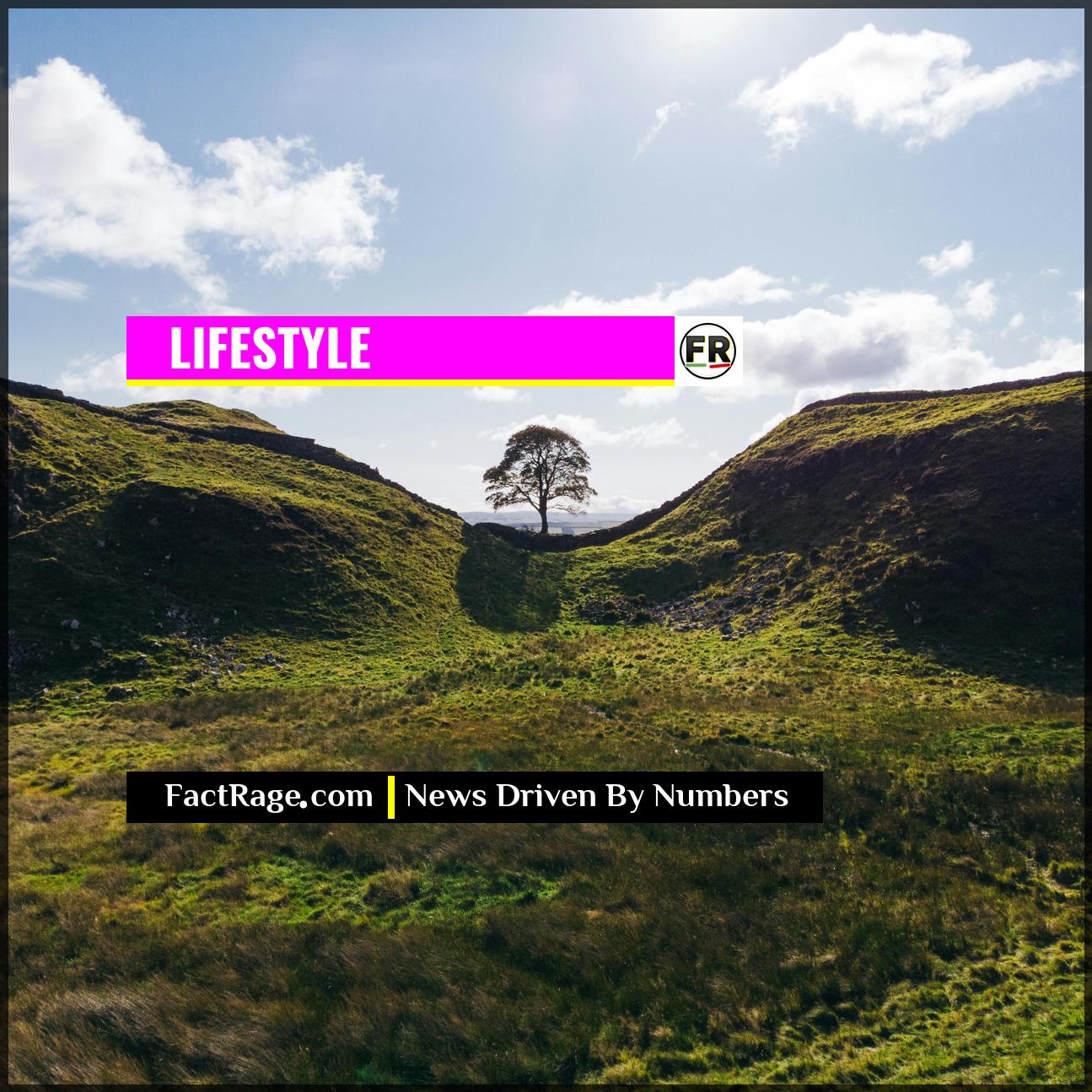HOLLYWOOD – Following the commercial triumph of Wicked: Part One, the upcoming concluding chapter faces the immense pressure of not only matching its predecessor’s success but also delivering a finale that satisfies one of modern Broadway’s most dedicated fanbases.
- The Two-Part Gamble – Director Jon M. Chu’s decision to split the story into two films created a high-stakes scenario, with Part Two’s success crucial to validating the narrative choice and justifying Part One’s “Defying Gravity” cliffhanger.
- Financial Success, Creative Pressure – Wicked: Part One was a significant box office success in late 2024, raising the financial expectations for the sequel from distributor Universal Pictures, a subsidiary of Comcast.
- A Generation of Fandom – The film must conclude its story for a new mass audience while simultaneously honoring the nuances of a stage musical that has been a cultural touchstone for over 20 years, creating a unique set of expectations.
The story of Elphaba and Glinda has already soared at the box office, but the most challenging act is yet to come. With Wicked: Part Two set for a November 2025 release, the central question is whether the film can stick a landing that has been two decades in the making.
The Billion-Dollar Question Hanging Over Oz
![]() It’s easy to get lost in the spectacle of Oz, but the real story of Wicked: Part Two is happening behind the curtain. This film isn’t just a sequel; it’s the final verdict on one of Hollywood’s boldest gambles in recent memory. Its success or failure will send ripples across the entire entertainment industry, defining the future of big-budget movie musicals and the playbook for adapting beloved cultural phenomena. The stakes are much higher than a simple box office number.
It’s easy to get lost in the spectacle of Oz, but the real story of Wicked: Part Two is happening behind the curtain. This film isn’t just a sequel; it’s the final verdict on one of Hollywood’s boldest gambles in recent memory. Its success or failure will send ripples across the entire entertainment industry, defining the future of big-budget movie musicals and the playbook for adapting beloved cultural phenomena. The stakes are much higher than a simple box office number.
Read On…
Below, we break down the immense financial pressures, the weight of fan expectations, and what the film’s success—or failure—means for Hollywood.
How ‘Part One’ Set a High Bar
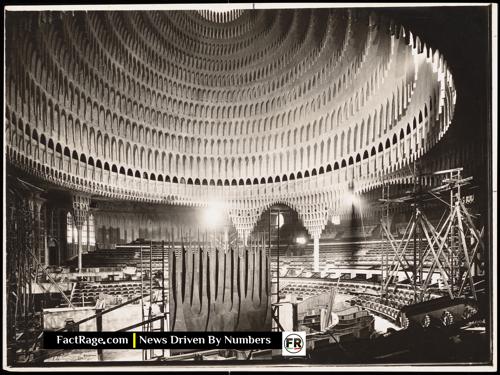
When Wicked: Part One hit theaters in November 2024, it arrived carrying years of anticipation. The film, starring Cynthia Erivo as the misunderstood Elphaba and Ariana Grande as the popular Glinda, successfully translated the musical’s magic to the screen for a massive global audience. It concluded with the show’s signature moment—Elphaba’s defiant performance of “Defying Gravity”—creating a powerful, yet risky, cliffhanger.
Financially, the risk paid off. The film became a holiday blockbuster, demonstrating a strong public appetite for the story. Yet, this success created a new kind of pressure. By splitting the narrative, the filmmakers at Universal Pictures promised a richer, more detailed adaptation. Now, Part Two must deliver on that promise, resolving the story in a way that feels earned rather than stretched.
What’s at Stake for the Movie Musical Genre?
The landscape for big-budget movie musicals is notoriously volatile. For every hit like The Greatest Showman or La La Land, there are high-profile disappointments that make studios hesitant to invest in the genre. The Wicked duology represents one of the biggest gambles on a movie musical in recent memory.
The total success of both films could signal a new era of confidence for large-scale adaptations, potentially greenlighting other beloved Broadway shows for the big screen. However, if Part Two falters critically or commercially, it could reinforce the industry perception that musicals are a niche, high-risk investment. What is the future for this genre if a property as seemingly “un-missable” as Wicked can’t fully succeed with a two-part event strategy?
Can the Film Satisfy Decades of ‘Wicked’ Fandom?
Beyond the financial and industry stakes lies a more personal challenge: satisfying the millions of fans who have made Wicked a global phenomenon since its 2003 debut. The second act of the stage musical is notably darker and more politically complex than the first, dealing with themes of propaganda, loss, and moral compromise.
Adapting this intricate second half is the true test for the filmmakers. It contains some of the story’s most emotionally resonant songs and character moments, which fans know by heart. Any significant changes to the plot, or to the fates of its iconic characters, will be scrutinized intensely. The ultimate success of the Wicked film saga will be measured not just in box office receipts, but in its ability to provide a definitive and emotionally fulfilling conclusion to a story that an entire generation holds dear.
The Final Curtain on a Billion-Dollar Bet
![]() Ultimately, Wicked: Part Two isn’t just tasked with finishing a story; it must justify a bold, two-part creative and commercial strategy that split a beloved cultural work. The film’s landing will serve as a powerful data point for Hollywood, signaling whether such ambitious adaptations are a magical new formula for success or a high-profile cautionary tale. For both the industry and a generation of fans, the final verdict on this immense gamble will echo far beyond the land of Oz.
Ultimately, Wicked: Part Two isn’t just tasked with finishing a story; it must justify a bold, two-part creative and commercial strategy that split a beloved cultural work. The film’s landing will serve as a powerful data point for Hollywood, signaling whether such ambitious adaptations are a magical new formula for success or a high-profile cautionary tale. For both the industry and a generation of fans, the final verdict on this immense gamble will echo far beyond the land of Oz.

